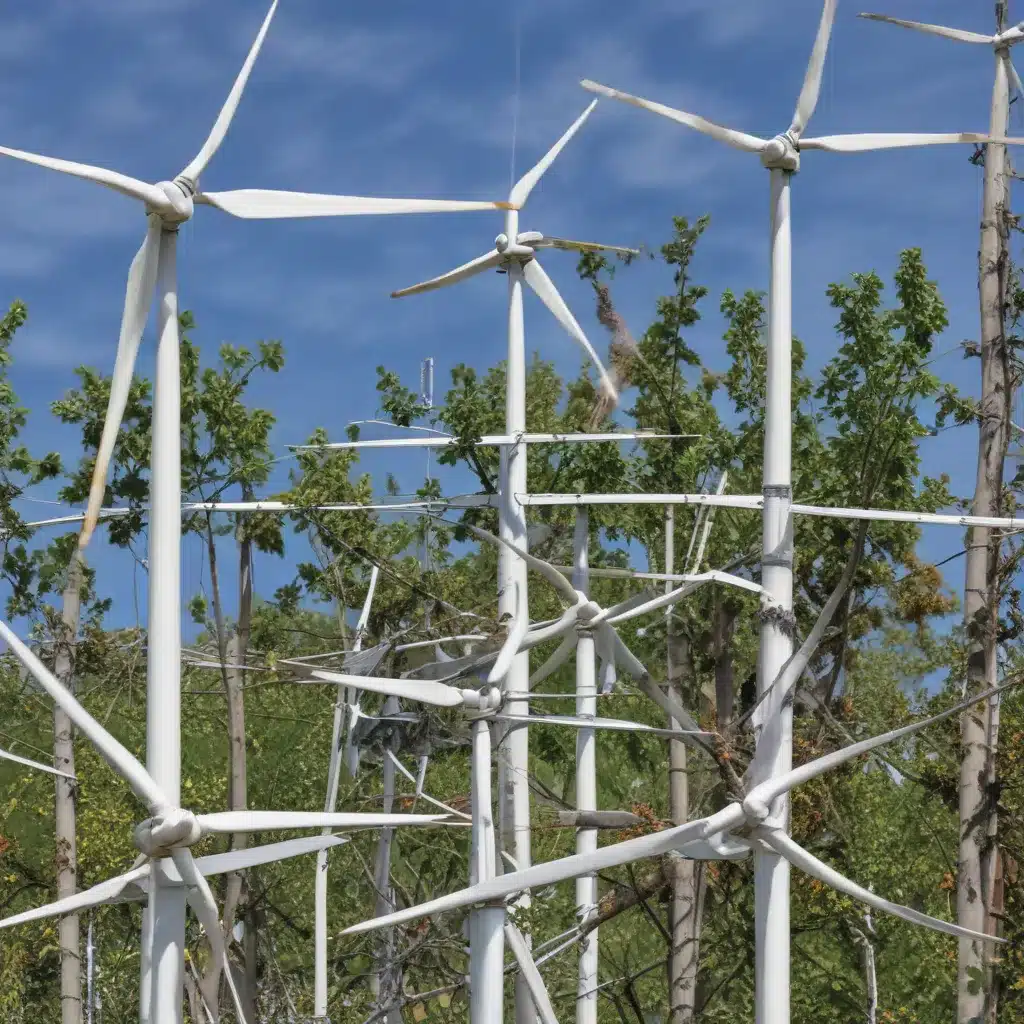
Empowering Energy Communities: Policy, Regulatory, and Business Model Innovations
Europe’s clean energy transition is gaining momentum, with citizens and local communities playing an increasingly central role. Energy communities have emerged as a powerful model for collective action, empowering citizens to drive the shift towards renewable energy, enhance energy efficiency, and directly benefit from the clean energy revolution.
Energy Policy Innovations
The European Union has taken significant steps to support the growth of energy communities through policy and regulatory reforms. The REPowerEU Plan, launched in 2022, set the ambitious goal of establishing one energy community per municipality with a population of over 10,000 by 2025. This goal recognizes the crucial role that energy communities can play in achieving a more secure, affordable, and sustainable energy system for Europe.
Renewable Energy Policies
The revised Renewable Energy Directive (EU) 2023/2413 has further strengthened the policy landscape for energy communities. The directive enables EU member states to promote the integration of energy communities in offshore wind and district heating and cooling networks. It also allows countries to support energy community involvement in renewable energy projects through public procurement processes, helping to mainstream renewables in the built environment.
Carbon Pricing Mechanisms
Carbon pricing, through schemes such as the EU Emissions Trading System (EU ETS), has also emerged as a key policy lever for driving the clean energy transition. Energy communities can leverage carbon pricing mechanisms to finance renewable energy projects, energy efficiency retrofits, and other decarbonization initiatives within their local contexts.
Regulatory Frameworks
The EU’s Clean Energy for All Europeans package, adopted in 2019, introduced the concept of energy communities into European legislation for the first time. This landmark legislation established the legal framework for citizen energy communities and renewable energy communities, empowering citizens to generate, consume, store, and share renewable energy.
Energy Regulatory Innovations
Alongside policy developments, the EU has also implemented regulatory reforms to enable the seamless integration of energy communities into the energy system.
Grid Integration Strategies
The revised Electricity Market Design Directive (EU/2019/944) has clarified and reinforced the rights of energy communities to share energy among their members or shareholders. This has addressed a critical barrier, allowing energy communities to actively participate in all energy markets, including generation, consumption, sharing, and the provision of flexibility services.
Decentralized Energy Systems
The recast Energy Efficiency Directive (EU) 2023/1791 and the Energy Performance of Buildings Directive (EU) 2024/1275 further support the integration of energy communities into the energy landscape. These directives require member states to assess the potential of energy communities in developing renewable-based heating projects and to recognize the role of energy communities in achieving zero-emission buildings.
Utility Business Model Transformation
The shift towards a more decentralized, citizen-centric energy system has prompted the need for a transformation in traditional utility business models. Regulators are now incentivizing utilities to collaborate with energy communities, enabling the co-creation of innovative solutions that empower local stakeholders and foster the clean energy transition.
Energy Community Empowerment
The EU has implemented a range of initiatives to directly support the development and scaling of energy communities across Europe.
Community-Owned Energy Projects
The European Energy Communities Facility, launched in 2024, aims to empower and support the growth of energy communities by providing small lump-sum grants and targeted capacity-building assistance. This initiative builds on the success of previous EU-funded projects, such as the Energy Communities Repository and the Rural Energy Community Advisory Hub, which have catalyzed the development of energy communities, particularly in Eastern Europe.
Citizen Participation Initiatives
The Support Service for Citizen-led Renovation is another EU-backed initiative that empowers energy communities to take a leading role in energy-saving renovation projects. This program provides technical and financial assistance to help energy communities overcome the barriers to delivering future-proof residential buildings.
Energy Democracy Movements
The EU’s efforts to support energy communities are not just about driving the clean energy transition; they are also about fostering energy democracy and empowering citizens to shape their local energy systems. By enabling collective action and participation, energy communities can enhance public acceptance of renewable energy projects and ensure that the benefits of the clean energy revolution are distributed more equitably.
Sustainable Business Models
As the energy community ecosystem in Europe continues to evolve, innovative business models are emerging to support their growth and long-term viability.
Prosumer Business Models
Energy communities are increasingly embracing prosumer business models, where citizens not only consume but also generate and share renewable energy. This empowers communities to become self-sufficient, reduce energy costs, and demonstrate the viability of decentralized, citizen-driven energy solutions.
Energy-as-a-Service Offerings
Innovative service providers are partnering with energy communities to deliver energy-as-a-service offerings. These solutions bundle energy generation, storage, and management services, providing energy communities with turnkey solutions that minimize technical and financial barriers to participation.
Circular Economy Approaches
Some energy communities are also exploring circular economy principles, integrating waste-to-energy technologies, demand-side management, and energy storage to create closed-loop energy systems that maximize resource efficiency and minimize environmental impact.
The European Union’s comprehensive approach to empowering energy communities, combining policy, regulatory, and business model innovations, is a testament to the pivotal role these grassroots initiatives can play in accelerating the clean energy transition. As more citizens across Europe join forces to harness the power of renewable energy, the future of the continent’s energy landscape is becoming increasingly decentralized, democratized, and sustainable.
To learn more about the latest developments in energy community initiatives, I encourage you to visit https://www.europeanfutureenergyforum.com, where you can find a wealth of resources, case studies, and networking opportunities.







